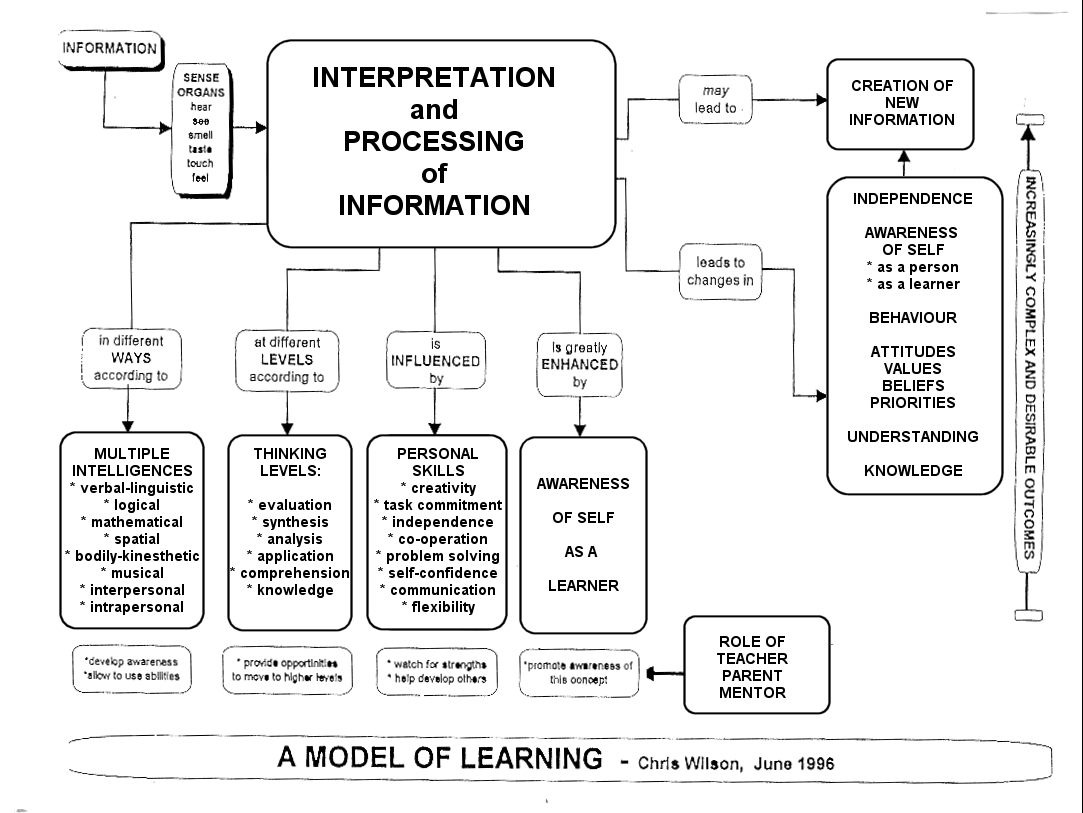What is PEEL?
A Personal Professional Journey
This is a description of a presentation given at the 1998 PEEL Conference
In 1995 my colleague and friend Peter Crokill introduced PEEL to Frankston High School as a method of exploring effective learning in Mathematics, the theme for his Master of Education study. We met as a group each week throughout the year, and documented a wide array of strategies that we had used to promote good learning, awareness, independence and responsibility.
Since 1995 PEEL has grown and diversified at our school, and today there are five or six groups operating, and meeting a range of needs. Some groups are mixed (in both learning areas and experience), others meet specific needs (Learning Technologies PEEL, LOTE PEEL). The school has created a paid position of PEEL Convenor, several of our PEEL members have presented at this and other conferences, we are producing our first PEEL booklet this year, and we have had many international visitors to discuss our work.
So what is PEEL?
PEEL is a group of teachers meeting regularly to discuss what they do in their classrooms, and to explore ways of promoting effective learning. PEEL teachers are not comfortable with simply having the students doing work, they need to know that they are aware of what they are doing and why, and that the activities they are engaged in do promote deep learning. They are reflective teachers, they are also active learners, they document and share their findings, and they provide and gain support through their meetings. PEEL teachers also write articles and cases about their experiences.
But PEEL is different things to different people. There are several ways in which a PEEL member can gain from the meetings and the subsequent classroom learning:
- Strategies – the meetings might simply provide some innovative ideas to try out in the classroom.
- Support – we might want support more than anything else – a sense of knowing that what we are doing is OK, and that we all do have the same problems in the classroom.
- Understanding of issues – we might want to talk through issues from the classroom, like why boys don’t work as well as girls sometimes, or why kids don’t work as well after lunch (especially on Friday), to understand better what is going on in the classroom.
- Principles – we might want to talk things through until we are able to see some common threads and start to develop our own rules or principles to guide our teaching.
- Models – we might get to the point of developing our own models – like a model of learning, or a model of how to develop classroom work to cater for diverse abilities.
A Personal Professional Journey
In four years of PEELing, involving hundreds of hours of discussion of many many issues, my professional journey has taken this course:
- The initial concern was to develop good strategies. As issues arose, we talked through ways of addressing them. We all shared our good ideas.
- As we trialled more new ideas, and found that they didn’t always work – or if they did once they probably didn’t next time – we looked to each other for support. It is OK to fail. In fact it’s good to fail. Michael Jordan does.
- In time common threads and themes started to appear, but only very slowly. This is very high level thinking, and does not come easily. It requires more than a conversation once a week – it can only come with continued reflection through the week. Perhaps this the best of PEELing though.
- Through all this discussion and reflecting and thinking, it starts to become clearer what matters. How many teachers can state explicitly what is most important in their classrooms? How many even think about it? I believe this is one critical step in our professional growth. It was for me. These are my own personal priorities. I write them down – often.
- As these ideas crystallise, I can now make some confident statements about how things happen in general terms. We are not the same, and our classrooms certainly are not, but there are questions that can be asked and statements that can be made about what we do. Like: What is learning? How are kids different? How can I tell if I am teaching well?
Our journeys will all be different. Mine has been exciting. I love my work.

